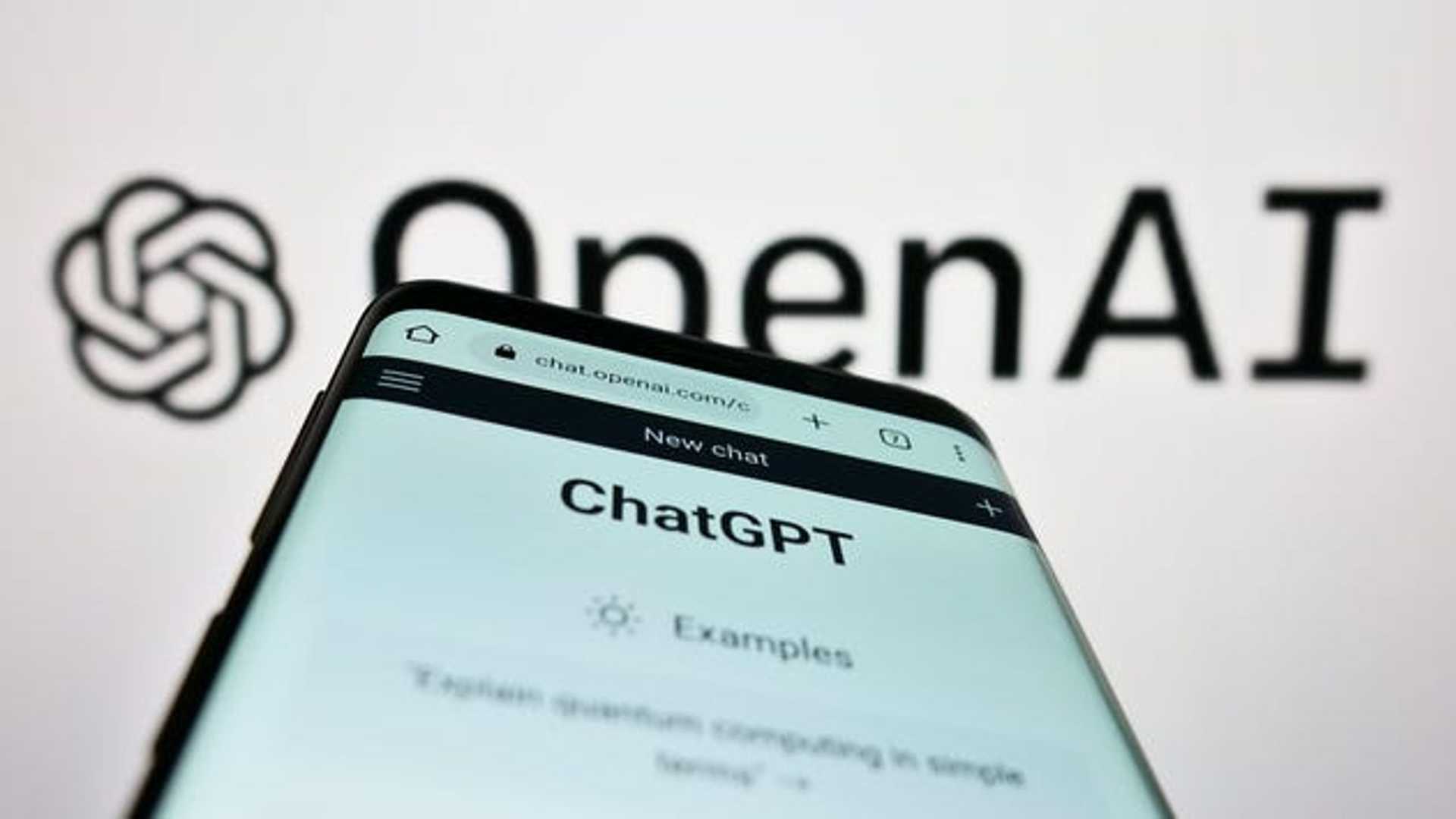OpenAI's Trademarking Woes: Denied by USPTO
OpenAI, in a bid to protect its brand name, has been attempting to fast-track the process of trademarking the acronym “GPT,” which stands for “Generative Pre-trained Transformer.” It is the same name as a neural network that Google announced in 2017. OpenAI filed its trademark application in December 2020 to trademark the “GPT” in the company’s own ChatGPT. However, the US Patent and Trademark Office (USPTO) dismissed the company’s petition last week, forcing OpenAI to wait out the process like everyone else.
Despite the initial setback, legal experts have suggested that OpenAI could still secure its trademark as it seems highly likely that the company will receive approval for the trademark eventually. As per legal counsel Jefferson Scher, the trademarking process could take another five months.
The Virality of ChatGPT
OpenAI’s ChatGPT has seen widespread virality since its launch last fall. However, its latest version, ChatGPT-5, will not be released any time soon. According to OpenAI CEO Sam Altman, the company is focusing on other priorities.
New research from Stanford University and the Massachusetts Institute of Technology suggests that using ChatGPT in a workflow can lead to an improvement in productivity. The study found that 14% of employees who used ChatGPT in their workflow saw an increase in productivity, with the least experienced and least skilled workers completing tasks 35% faster.
Looking to Learn More about AI and Chatbots?
For more information about AI, chatbots, and the future of machine learning, browse our guides to the best free AI art generators, chatGPT alternatives, and everything we know about OpenAI’s ChatGPT.




















